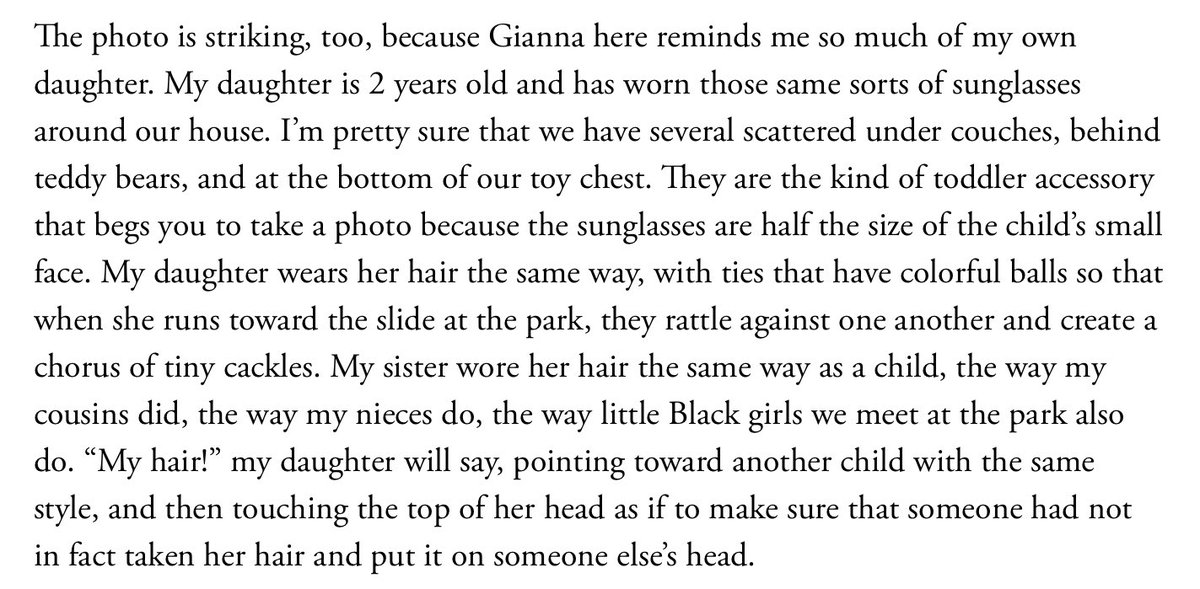
Some news: I’m excited to be the host of a new @TheCrashCourse series, Black American History. We’ve got 50 episodes to cover 400 years. So we can’t cover everything, but we do cover a lot. We’ll drop a new episode every week. I hope you’ll watch. We’ve been working hard on this.
https://twitter.com/thecrashcourse/status/1388191575541436416
I’ve been a fan of Course Course for years. I’ve learned so much from the videos they’ve made ranging from the French Revolution to Chemistry to Shakespeare. So when I was approached with the opportunity to host a new course on Black history in America, I couldn’t turn it down.
When I went to grad school, I felt transformed by everything I was learning & I thought a lot about alternative ways to bring Black history to people who may not be able to sit for hours with academic texts. This is one attempt to bring this history to folks in a different way.
With that said, this course is only possible because of the vast and incredible scholarship of historians across generations. We do our best to cite them both in the videos and in the transcripts. I’ve learned so much from them and know that you’ll learn a lot from them as well.
In this course, we take seriously the history of violence and oppression that has shaped Black life in this country, but we do not focus singularly on that as being the definitive feature of Blackness. Black American life is far more vast than that, it is not defined by violence.
So we will very clearly cover slavery, the Black codes, Jim Crow apartheid, and other state-sanctioned systemic violence against Black people, but we will also have in-depth discussions of Black art, Black literature, and Black cultural traditions.
Shout out to the whole team @_lyneezy, @NiaMarJohnson, @crashcoursestan, Meredith, Dr. Stephen Hall, all the animators and editors, and to @KeishaBlain who helped us lay out the vision for what this course could look like. It’s truly a team effort.
I hope you’ll watch and let us know what you think. And consider subscribing to @TheCrashCourse so you can be notified when new videos come out:
• • •
Missing some Tweet in this thread? You can try to
force a refresh



